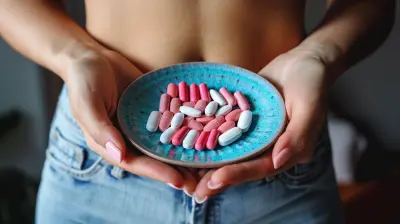Environmental Toxins and Hormonal Disruption: How to Protect Yourself
22 September 2025
Let’s face it—life is chaotic enough without our hormones going haywire. Mood swings, fatigue, stubborn weight gain, irregular cycles, fertility problems—sound familiar? Now imagine that behind some of these issues are invisible troublemakers lurking in your environment every day. We’re talking about environmental toxins—those sneaky disruptors that mess with your hormones when you’re not even looking.
You might not be able to smell them, see them, or always avoid them... but trust me, they’re there. And they’re affecting millions of people just like you and me, subtly but consistently.
So, what are these toxins? Why are they targeting our hormones? And, more importantly, what can you do to shield yourself and your family?
Let’s dig in.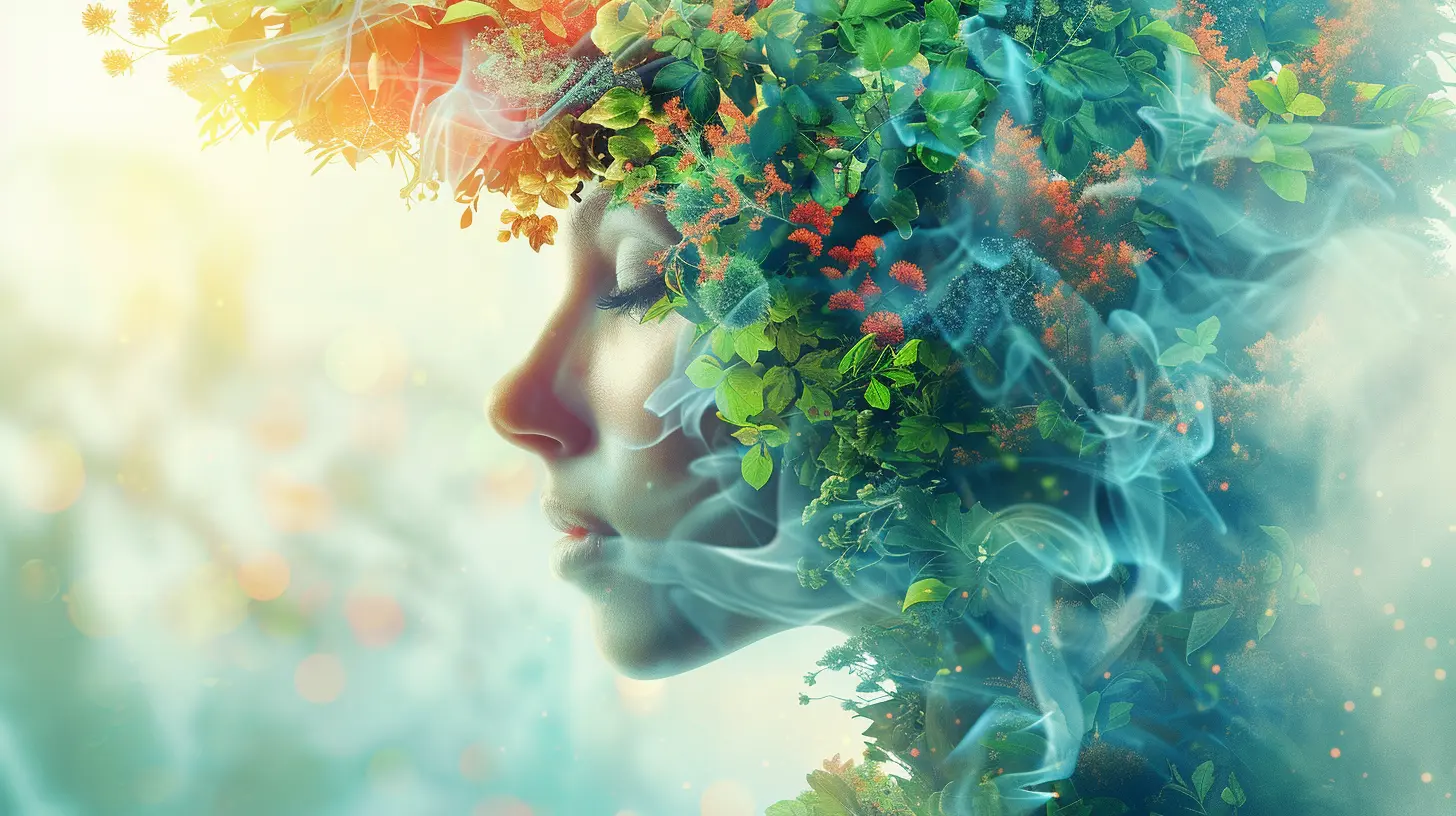
What Are Environmental Toxins?
Environmental toxins are harmful chemicals or pollutants found in the air, water, food, and everyday items. They come from industrial processes, plastics, pesticides, household cleaners, personal care products—you name it.These chemicals aren’t always dangerous in small amounts, but the problem is that we’re constantly exposed to a cocktail of them every. single. day.
And your body? It wasn’t designed to handle all this chemical chaos.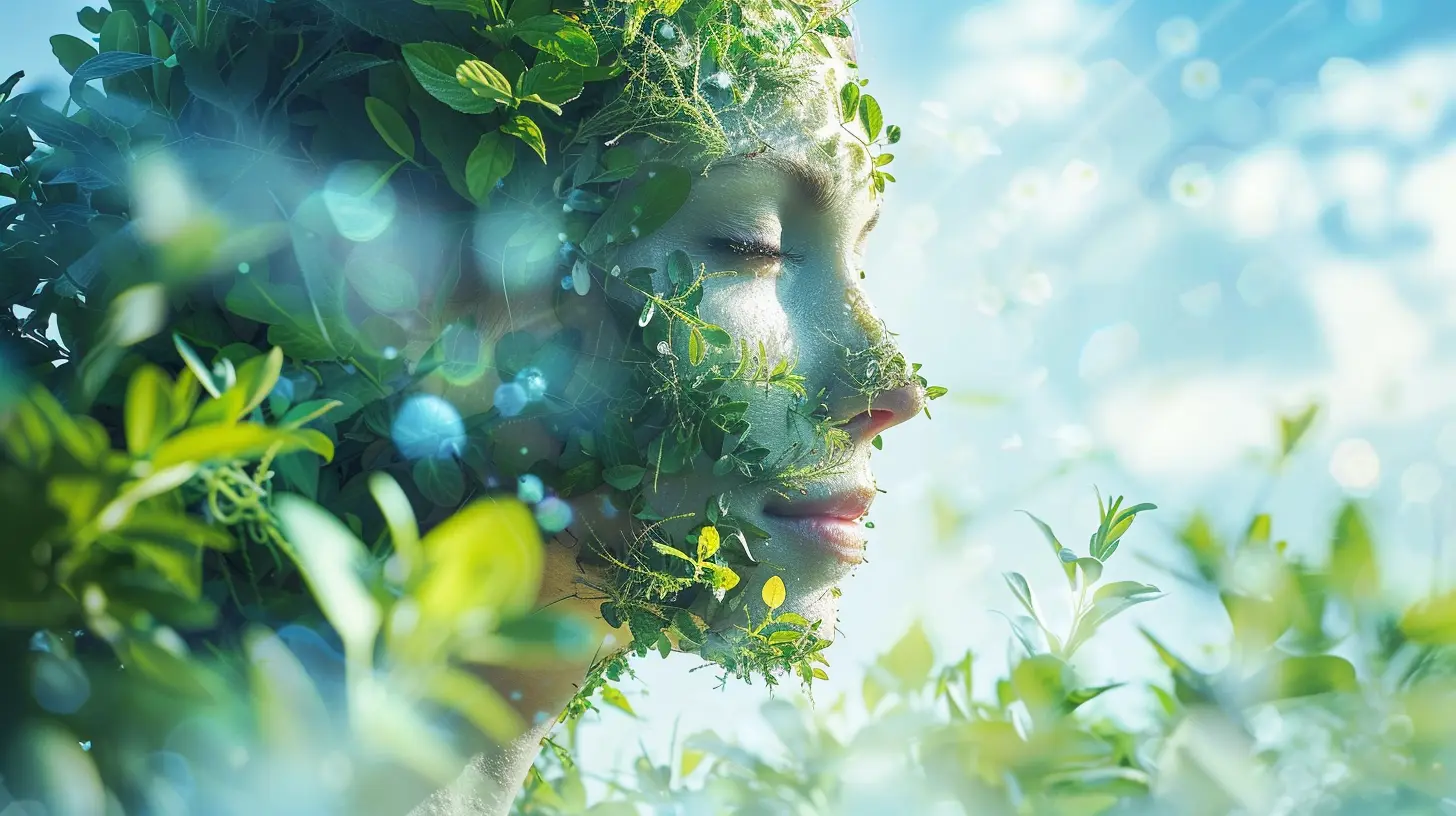
How Do Environmental Toxins Disrupt Your Hormones?
Think of your hormones like a symphony orchestra—they each have a unique role, but they’ve got to work together in harmony. Now picture someone barging in and messing with the sheet music or cutting a few strings on the violin. That’s what environmental toxins do. They interfere with your endocrine system—the system responsible for hormone production and regulation.These toxins are often called endocrine-disrupting chemicals (EDCs). They can:
- Mimic natural hormones (like estrogen)
- Block hormone receptors
- Alter how hormones are produced or broken down
- Disrupt communication between glands
The result? Hormonal imbalances that can lead to fatigue, infertility, thyroid issues, early puberty, PCOS, weight gain, and even hormone-related cancers.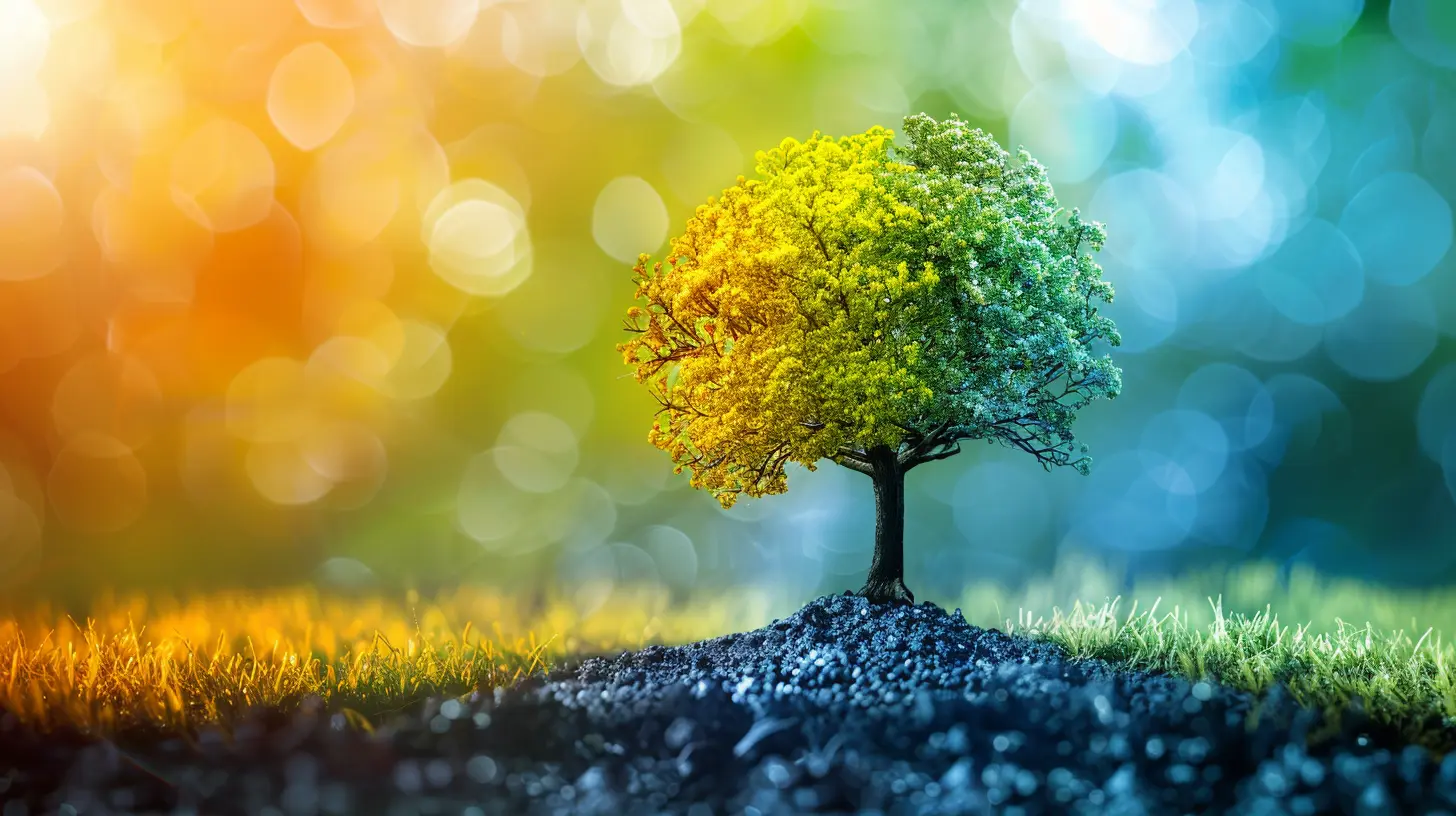
Common Sources of Hormone-Disrupting Toxins You Should Know
So where are these EDCs coming from? Here’s a breakdown of the most common culprits:1. Plastics (Especially BPA and Phthalates)
You’ve probably heard about BPA-free bottles, right? That’s because Bisphenol A (BPA) mimics estrogen and has been linked to fertility problems and breast cancer. It’s found in:- Plastic bottles
- Food containers
- Canned food linings
- Receipts
And then there are phthalates, used to soften plastics and make fragrances stick. They're everywhere—from shampoo to plastic wrap.
2. Pesticides and Herbicides
Modern agriculture relies heavily on chemicals like glyphosate and atrazine. These chemicals are known endocrine disruptors and have been linked to:- Reproductive issues
- Thyroid dysfunction
- Hormonal cancers
Even the fruits and veggies you think are healthy? They could be laced with these toxins if they’re not organic.
3. Personal Care Products
You'd be shocked how many beauty and hygiene products contain hormone-disrupting ingredients. We're talking:- Parabens (preservatives that mimic estrogen)
- Synthetic fragrances
- Triclosan (antibacterial agent)
- Oxybenzone (found in sunscreens)
If you’re slathering it on your skin, it’s getting into your bloodstream. Yikes.
4. Household Cleaners and Air Fresheners
What smells “clean” might actually be chemical-laden. Many cleaning products contain VOCs (volatile organic compounds) that disturb your hormones and your respiratory system.5. Food Additives and Packaging
From flame retardants in packaging to artificial sweeteners and preservatives—processed foods are a minefield of hormone disruptors. And microwaving plastic containers? That’s basically sending an invite for those chemicals to seep into your food.6. Water Contaminants
Tap water can harbor remnants of pesticides, heavy metals (like lead and mercury), and even pharmaceutical drugs—all with the potential to mess with your hormones.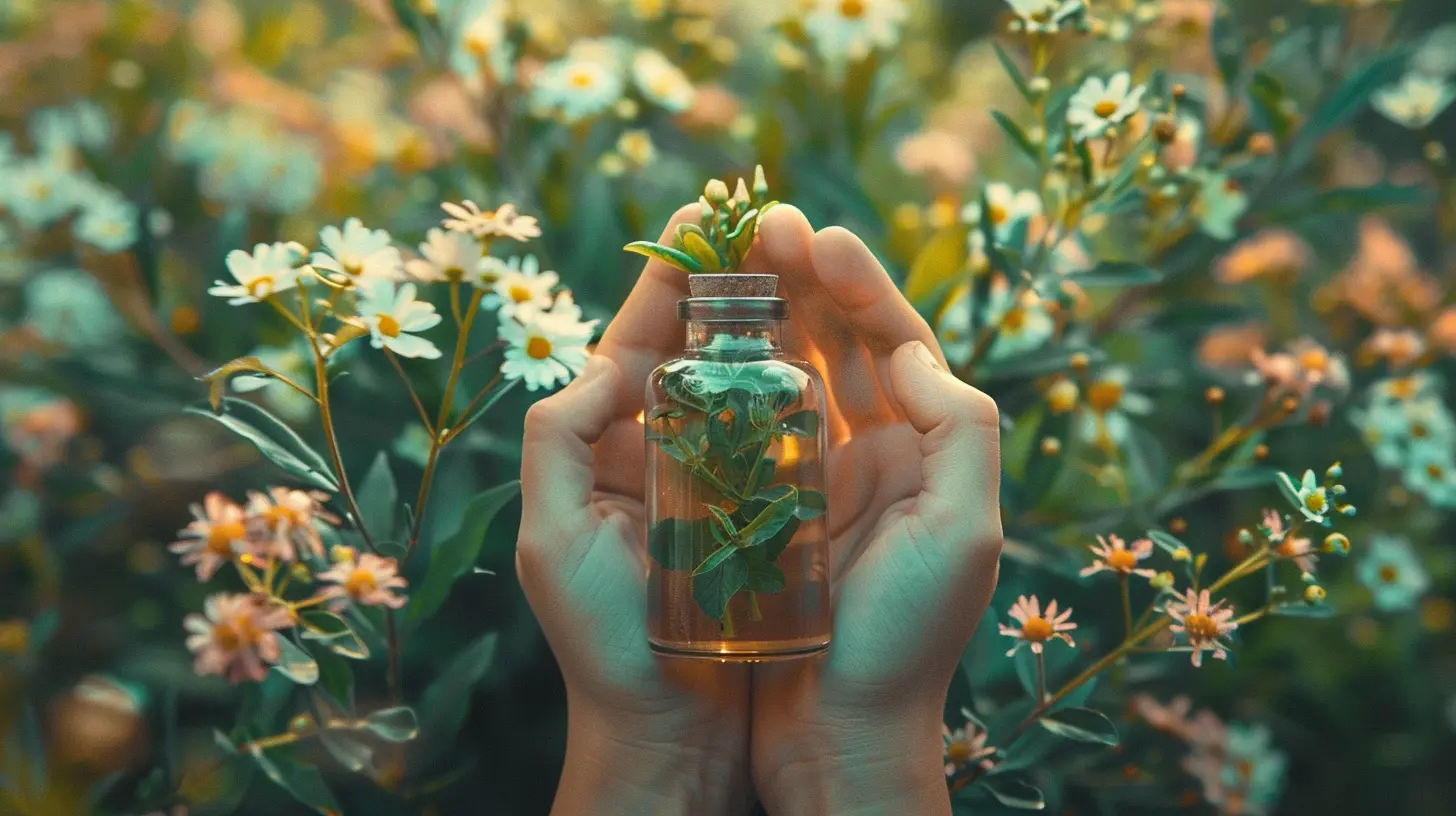
The Hormones Most Affected by Toxins
Let’s zoom in on the usual hormonal victims:- Estrogen & Progesterone – Disrupted levels can lead to PMS, irregular periods, infertility, and increased risk of breast cancer.
- Testosterone – Lowered by EDCs, especially in men, leading to fatigue, low libido, and infertility.
- Cortisol – Toxins can trigger chronic stress, keeping your cortisol high and wrecking your adrenal function.
- Thyroid hormones – These govern metabolism. When disrupted, you might feel tired, cold, and gain weight easily.
- Insulin – Toxins contribute to insulin resistance—a driver of weight gain, diabetes, and PCOS.
The Scary Part: Toxins Love Babies and Kids
Even more alarming? EDCs have a higher impact on children and babies. Their bodies are still developing, and their detox systems aren’t as efficient. Exposure during pregnancy has been linked to birth defects, early puberty, behavioral disorders, and long-term chronic diseases.How to Protect Yourself from Environmental Toxins
Okay, now that we’ve covered the doom and gloom, here’s the good part—you’re not powerless. You can take real, practical steps to reduce your exposure and help your body detox.1. Switch to Natural Personal Care Products
Ditch the chemical-laden stuff. Look for products that are:- Fragrance-free (or naturally scented)
- Paraben-free
- Phthalate-free
- EWG-certified
Bonus points if you can pronounce all the ingredients!
2. Filter Your Water
Invest in a high-quality water filter that removes:- Heavy metals
- Pesticides
- Pharmaceuticals
- Chlorine
Your kidneys and hormones will thank you.
3. Go Organic Whenever Possible
Especially for the "Dirty Dozen"—these fruits and veggies are known to have the most pesticide residue. Even if you can't do everything organic, start with these.4. Ditch Plastic Containers
Switch to:- Glass
- Stainless steel
- BPA-free alternatives
Don’t microwave plastic, don’t drink hot liquids from plastic, and avoid canned foods when possible.
5. Eat Whole, Unprocessed Foods
The closer it is to nature, the better. Cut back on packaged foods, refined sugar, and artificial ingredients.6. Choose Natural Cleaning Products
Go old school with vinegar, baking soda, and essential oils. Or look for green-certified brands that disclose all ingredients.7. Support Your Body’s Detox Pathways
You don’t need a fancy juice cleanse. Your liver, kidneys, gut, and skin are your detox dream team. Support them by:- Drinking plenty of water
- Eating cruciferous vegetables (broccoli, kale, Brussels sprouts)
- Getting fiber for gut health
- Exercising regularly
- Sweating (through workouts or sauna)
8. Get the Toxins Out of Your Air
Open your windows. Get a HEPA air purifier. Add houseplants—they naturally clean the air and make your space feel like a zen haven.9. Be Mindful of What You Bring Home
Read labels. Ask questions. Make informed choices. Your home should be your sanctuary, not a chemical circus.Don’t Aim for Perfection—Aim for Progress
Look, I get it. Trying to detox your entire environment can feel overwhelming. But this isn’t about being perfect—it’s about being aware and making small, consistent changes.Start with one drawer, one room, one product. Each switch you make sends a message to your body: "Hey, I’ve got your back."
And over time? You’ll feel the difference—more energy, balanced moods, better sleep, improved fertility, and a stronger immune system.
When to Consider Testing and Professional Help
Still struggling with unexplained symptoms? It might be time to investigate further. A functional or integrative health practitioner can help you test for:- Hormonal imbalances
- Heavy metal toxicity
- Gut health issues
Together, you can create a personalized detox and healing plan. Knowledge is power, especially when it comes to your health.
Final Thoughts
Environmental toxins are real, and yes—they’re messing with your hormones. But the good news? You’re not stuck. You’ve got the power to make better choices, create a safer space, and support your body’s natural detox abilities.In a world full of pollution and plastics, being mindful of your health is a radical act. So go ahead, be radical. Your hormones (and your future self) will thank you.
all images in this post were generated using AI tools
Category:
Hormonal BalanceAuthor:

Jackson Mahoney
Discussion
rate this article
1 comments
Maddison Castillo
Choose wisely, live well.
October 11, 2025 at 3:23 PM

Jackson Mahoney
Thank you! Making informed choices is crucial for our health and the environment.

